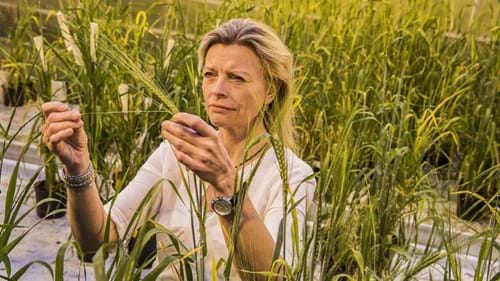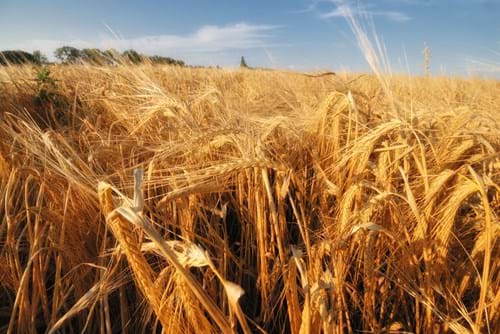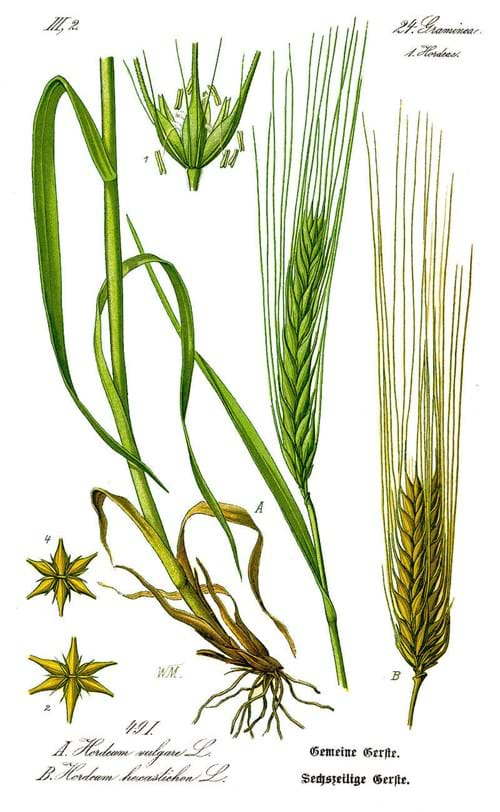 Birgitte Skadhauge
Birgitte Skadhauge

Birgitte Skadhauge
"It’s like a beer university."

Curiosity is in our genes.
“I’m proud to be leading the research lab here at Carlsberg. It’s where we create new and better ways of making beer. We are the only brewers in the world with so many scientists - thinking, brewing and studying beer every day; combining the art and science of beer-making into one bottle. It’s difficult to innovate a 5,000 year old product, but when you’ve seen every molecule of beer and every gene in barley, you realize there are still infinite opportunities to create an even better beer,” says Birgitte Skadhauge, Vice President at Carlsberg Group Research.

The world’s first industrial lab.
“This may sound very modern but we’ve been thinking this way for 143 years, right back to when we set up the world’s first industrial lab. The same natural curiosity and pioneering spirit continues to drive us. Just recently, when we embarked on our re-brew project from the original 1833 recipe, the incredibly detailed notes from our old brewers and scientists guided us. Their passion and dedication to quality speak to us across the years and it’s a privilege to continue their pioneering work.”

Beer to stay.
"The challenges our old colleagues faced are different to those of today. As well as brewing probably the best beer in the world, we’re now actively working to make the world itself a better place in which to enjoy our favorite beverage. How can we reduce waste, lower water consumption and protect the environment throughout the entire brewing process? By applying the same diligence and pioneering spirit as our forebears, of course! Some things never change.”

A climate of change.
“We’re currently breeding new barley types with special characteristics, to make climate-smart and disease-resistant crops. Plants that are tolerant to extreme weather conditions like heat or drought, will help farmers maintain a stable yield while saving resources. Breeding barley plants with resistance to diseases can also reduce the need for pesticides, which benefits farmers, consumers and most importantly the environment.”

Well-bred beer.
"We’re also creating barley strains which are better for brewing. Not using GMO of course, but rather through a continuation of the traditional breeding program we’ve been nurturing for decades in both barley and yeast. In fact we’ve recently sequenced the barley genome and now we’re starting on hops. Once again, we’re heading into the unknown on our ongoing quest for better beer.”